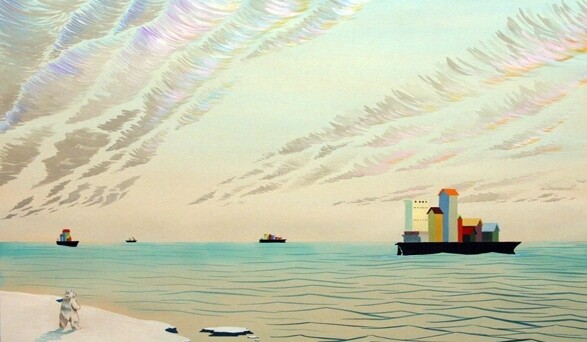Carbon emissions have now accumulated to the point where avoiding warming by 2 degrees Celsius is impossible. Even under optimistic assumptions about the speed with which countries might respond, it now seems likely that the world will warm by 4 degrees Celsius or more, which will transform the conditions of life on the planet and result in catastrophes. Even the overly cautious analysis of the Intergovernmental Panel on Climate Change (IPCC) cannot disguise these facts. Indeed, we know with certainty what must be done to avoid enormous harm, particularly to poor and vulnerable people—a task rendered less onerous by the fact that all economic studies show that the transition to a low-carbon energy system could be achieved at modest cost. Rather than creating a perfect storm, the ethical winds blow strongly in one direction. Yet moral corruption prevails not because the situation is inherently murky, but because confusion has been deliberately sown, and because the public and political representatives have welcomed reasons to shirk their ethical obligations.
There are three kinds of actors in this process of subversion: those who tell the lies, those who repeat the lies, and those who allow themselves to be seduced by the lies.
To read or purchase the full text of this article, click here.
More in this issue

Fall 2014 (28.3) • Essay
Who Are Atrocity’s “Real” Perpetrators, Who Its “True” Victims and Beneficiaries?
Modern law’s response to mass atrocities vacillates equivocally in how it understands the dramatis personae to these expansive tragedies, at once extraordinary and ubiquitous.
Fall 2014 (28.3) • Review
The Confidence Trap: A History of Democracy in Crisis from World War I to the Present by David Runciman
This book provides a clear and plausible articulation of democracy’s central dilemma, paired with a far less definite treatment of its implications for the ...

Fall 2014 (28.3) • Essay
The Changing Ethics of Climate Change
Traditional framings of climate change action being about future generations or simply another dimension of the North-South divide in global geopolitics are not irrelevant today, ...